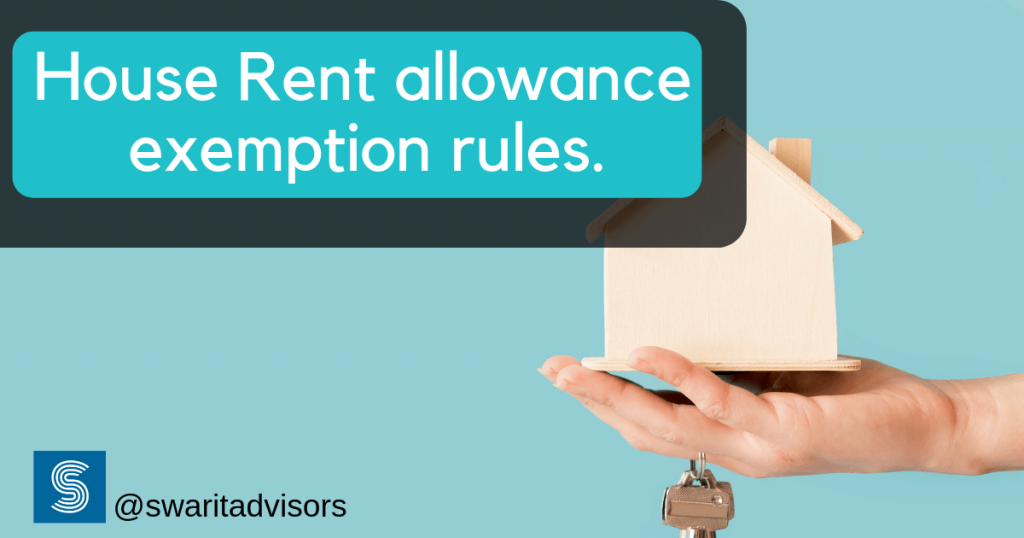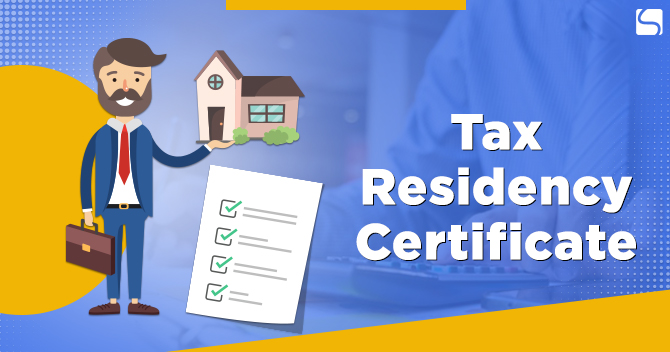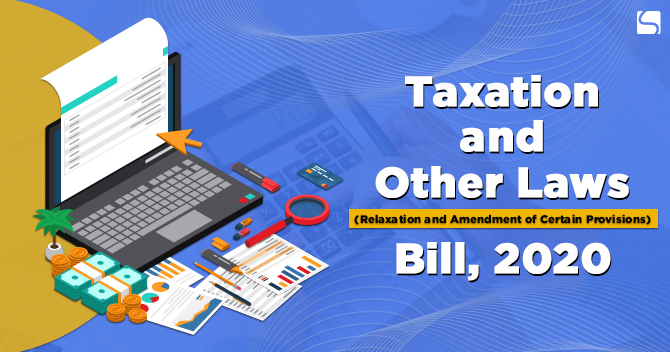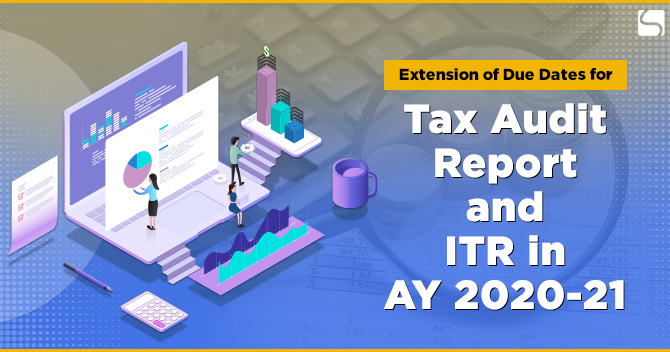House Rent allowance exemptions rules: How to save tax on it?

Swarit Advisors | Updated: Feb 15, 2019 | Category: Income Tax
Before we proceed with House rent allowance exemption rules, it is necessary to know what is HRA? HRA forms an integral component of a person’s salary. It is paid by the employer to its employees. House rent allowance exemption can only be claimed if the employee is residing in a rented house.
In this blog, we will discuss all aspects of House rent allowance and rules relating to HRA exemption.
Table of Contents
What is House Rent Allowance?
HRA is considered as a part of the salary which is provided by an employer to his employee for his rental accommodation. Employers decide the amount of HRA based on the salary of the employee and the city of residence.
Only salaries of persons can claim tax benefit relating to HRA. It offers tax benefits to the employees in respect of the amount paid towards rental accommodations.
Is House rent allowance exempted from Income tax?
Though House rent allowance is considered as a part of the salary, unlike basic salary, it is not fully taxable. Subject to certain conditions, a part of House rent allowance is liable to be exempted, u/s.10 (13 A) of the Income-Tax Act, 1961. Amount of HRA shall be deductible from the taxable income.
Who is entitled to claim the House Rent exemption?
Where any employee receives HRA as a part of his salary and lives in a rented accommodation, then that particular employee is entitled to claim full or partial exemption u/s.10 of the Income Tax Act, 1961.
However, HRA is fully taxable if an employee doesn’t live in rented accommodation and such an employee is no more entitled to claim house rent allowance exemption.
How can one calculate HRA tax exemption?
Calculation of House rent allowance depends on four factors as listed below:
1) Salary
2) HRA component of salary
3) Rent paid
4) Location of rented residence
Special circumstances where HRA tax benefits can be claimed
In certain scenarios, one can claim HRA tax benefit such as:
- Paying rent to family members
Rent premises shall not be owned by the person claiming tax exemption. If anyone stays with parents and pays rent to them, then only he can claim the same for tax deductions as HRA.
A person owns a house but staying in a different city
If a person owns the house and rents it out, however, due to job requirements he is staying and working in another city, then he can get the benefits of tax deduction available for House rent allowance.
- A person owns a house but stays in a rented house in the same city
In this scenario, you have to justify the reason for not staying in your own house. Circumstance arises that the office location is very far from the house you own. If this is the circumstance, then you can claim both HRA and Home loan benefits.
Note, however, while claiming a tax deduction, one must keep in mind that the individuals a member of the Hindu undivided family or his spouse or minor child must not own any accommodation.
Is it possible to claim exemption on House rent allowance at the time of filing Income Tax Return/ITR?
Exemption against House rent is available when an employee is living in rental accommodation and pays rent to the landlord. An employer shall deduct TDS on HRA without allowing an exemption to the employee. Moreover, an employee can claim exemption on House rent allowance at the time of filing an income tax return.
How one can claim HRA exemption at the time of filing ITR?
To claim HRA, you have to submit an income declaration form (Form 12BB) to your employer. However, in case, you fail to furnish the necessary details in Form 12BB, then you have the option to submit it at the time of filing the ITR.
For claiming HRA exemption, while filing ITR, you need to follow the below steps:
- Calculate the amount eligible for HRA exemption
- Deduct the calculated amount from your salary income
- Mention this income in ITR.
However, we will suggest you to timely provide the required information in the Form because this will save your time and money.
How much HRA is exempted under section 10 (13) of the Income Tax Act, 1961?
Under Section 10(13) of the Income Tax Act [1] , you can claim HRA exemption on the amounts as discussed below:
- Actual House rent allowance that an employee received from the employer;
- Actual rent paid if reduced by 10% of the salary;
- 50% of the basic salary in case the taxpayer is living in a metro city;
- 40% of the basic salary if the taxpayer is living in a non-metro city;
Deduction of HRA under section 80GG of the Income-tax Act, 1961
Some employees may not have HRA as part in their salary structure. Also a non-salaried individual pays rent
Section 80GG of the Income Tax Act is introduced to help people who fall under such categories.
An individual who pays rent for a furnished/unfurnished accommodation can claim the deduction for the rent paid under section 80GG. However, the condition is that no HRA is paid to that individual as part of his salary.
Under the section of the 80GG, list of the following is available for exemption from tax:
- Payment of Rent in excess of 10% of the total income.
- 25% of the adjusted total income.
- Rental income Rs.5000 per month.
Documents required for claiming House Rent Allowance exemption
To claim house rent allowance one has to submit documents as listed below:
- Employees who seek to claim HRA needs to submit a rent agreement for the current financial year.
- Submission of a duly stamped rent receipt filled either monthly or quarterly is necessary. However, if the rent paid is less than 3000 per month, then there is no necessity of any rent receipt.
- If annual rent exceeds Rs 1 lakh, then the employee has to submit the pan card of the landlord for purpose of claiming House Rent Allowance.
- Where a landlord does not have a PAN card, then in this regard
- the tenant requires to obtain a declaration from him along with his name and address details.
- An employee needs to submit Form 12BB to his employer in order to claim exemption on HRA.
- Address of the rented
- Revenue stamp.
- Landlord’s signature on the revenue stamp.
- Name of the tenant.
- The photocopy/Xerox of the rental agreement, if required.
Conclusion
House rent allowance is an important element in an employee’s salary as it provides tax benefits for payment made on rental accommodation. Provision of section 10(13A) of the Income-tax Act, regulates the HRA in India.
Swarit Advisor has a perfect customer relationship management system with an aim to provide complete customer satisfaction by providing quality and customized service to every customer.
In case you are willing to avail the benefit of HRA or if you have any doubt in your mind then contact us.
Also, Read:Tax Exemption to Section 8 Company














